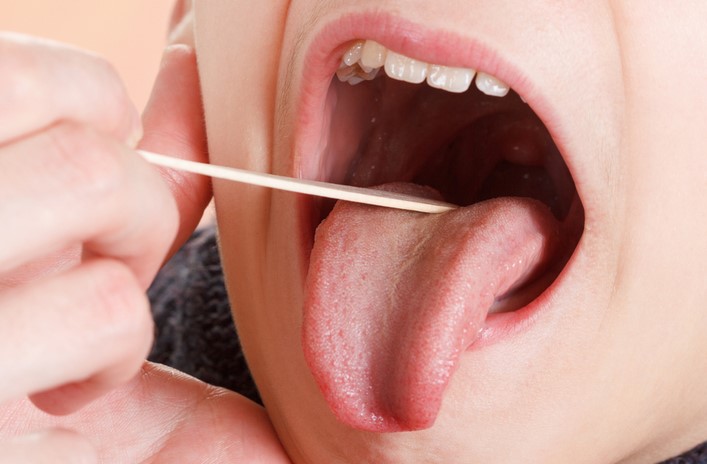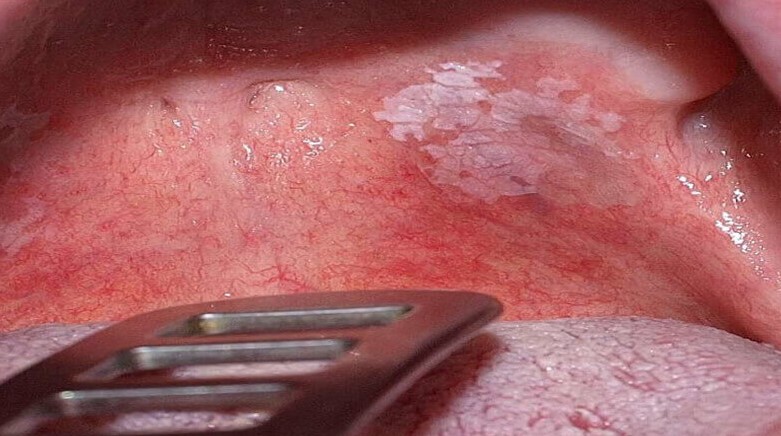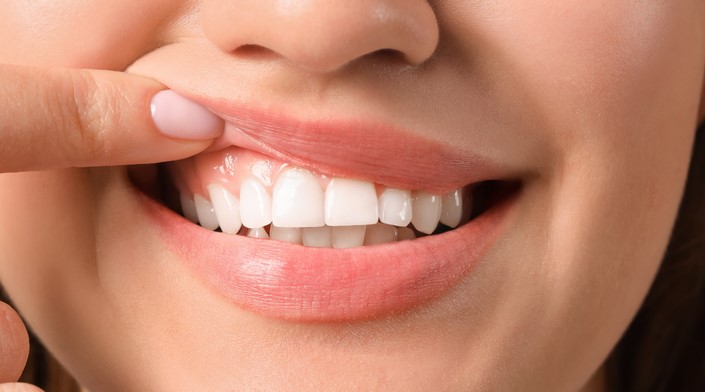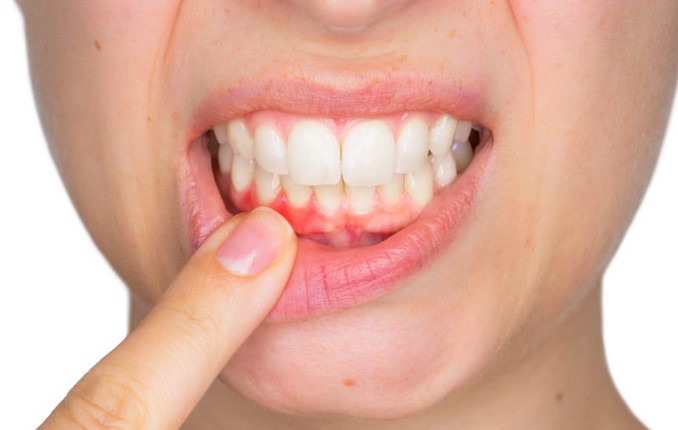
Introduction
The presence of white dots on the back of the throat can be a source of discomfort and concern. These white dots, often referred to as tonsil stones or tonsilloliths, are small, calcified deposits that form in the crevices of the tonsils. While they are usually harmless, they can cause bad breath and a feeling of something being stuck in the throat. Fortunately, there are several natural remedies that can help get rid of these white dots and alleviate the associated symptoms. In this article, we will explore some of the most effective natural remedies to address this issue.
1. Gargling with Salt Water
One of the simplest and most readily available natural remedies for white dots on the back of the throat is gargling with salt water. Salt has natural antiseptic properties that can help to break down and loosen the tonsil stones. Mix half a teaspoon of salt in a glass of warm water and gargle with the solution several times a day. The saltwater not only helps dislodge the white dots but also soothes any inflammation in the throat.
2. Apple Cider Vinegar (ACV)
Apple cider vinegar is renowned for its various health benefits, including its antibacterial properties. It can be an effective remedy for eliminating white dots on the back of the throat. Mix one tablespoon of raw, unfiltered apple cider vinegar with a glass of warm water and use it as a gargle. The acidic nature of ACV can help dissolve the tonsil stones over time. However, make sure to rinse your mouth with plain water afterward to prevent the vinegar’s acidity from affecting your tooth enamel.
3. Oil Pulling
Oil pulling is an ancient practice that involves swishing a natural oil (such as coconut oil or sesame oil) in your mouth for a specified duration. This practice is believed to help remove toxins and bacteria from the oral cavity, potentially aiding in the removal of tonsil stones as well. Take a tablespoon of oil and swish it around your mouth for about 15-20 minutes before spitting it out. Do not swallow the oil, as it may contain harmful bacteria and toxins. Afterward, rinse your mouth with warm water.
4. Stay Hydrated
Staying hydrated is crucial for maintaining good oral health and preventing the formation of tonsil stones. Drinking an adequate amount of water helps keep the mouth moist and prevents the accumulation of bacteria and debris in the tonsil crevices. Additionally, staying hydrated supports the body’s natural processes for flushing out toxins and waste products, reducing the likelihood of tonsil stone formation.
5. Consume Probiotic Foods
Probiotics are beneficial bacteria that can help maintain a healthy balance of microorganisms in the mouth and throat. Including probiotic-rich foods in your diet, such as yogurt, kefir, sauerkraut, and kimchi, can support your body’s natural defense mechanisms against bacterial overgrowth and the development of tonsil stones.
6. Chewing Garlic
Garlic is known for its potent antibacterial and antiseptic properties. Chewing on a piece of raw garlic can help kill harmful bacteria in the throat and prevent the formation of white dots. Its sulfur compounds are believed to be particularly effective in combating bacterial growth. Keep in mind that garlic has a strong flavor and odor, so be prepared for a pungent experience.
7. Maintain Good Oral Hygiene
Practicing good oral hygiene is essential for preventing the accumulation of debris and bacteria that can lead to tonsil stone formation. Brush your teeth regularly, clean your tongue with a tongue scraper, and use mouthwash to rinse away bacteria from the mouth and throat. Regular oral care can significantly reduce the likelihood of white dots appearing on the back of your throat.
Conclusion
Dealing with white dots on the back of your throat can be discomforting, but there are effective natural remedies that can help you address this issue. From gargling with salt water and using apple cider vinegar to practicing oil pulling and maintaining good oral hygiene, these remedies can contribute to the prevention and elimination of tonsil stones. Additionally, staying hydrated and incorporating probiotic-rich foods into your diet can further support your body’s natural defense mechanisms against bacterial overgrowth. If the problem persists or worsens, it’s advisable to consult a healthcare professional for a proper diagnosis and guidance on the best course of action. By adopting these natural remedies and making healthy lifestyle choices, you can take control of your oral health and bid farewell to those pesky white dots on the back of your throat.


